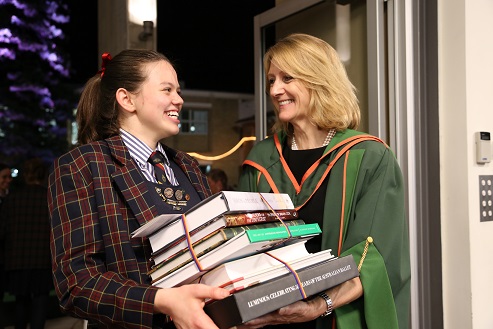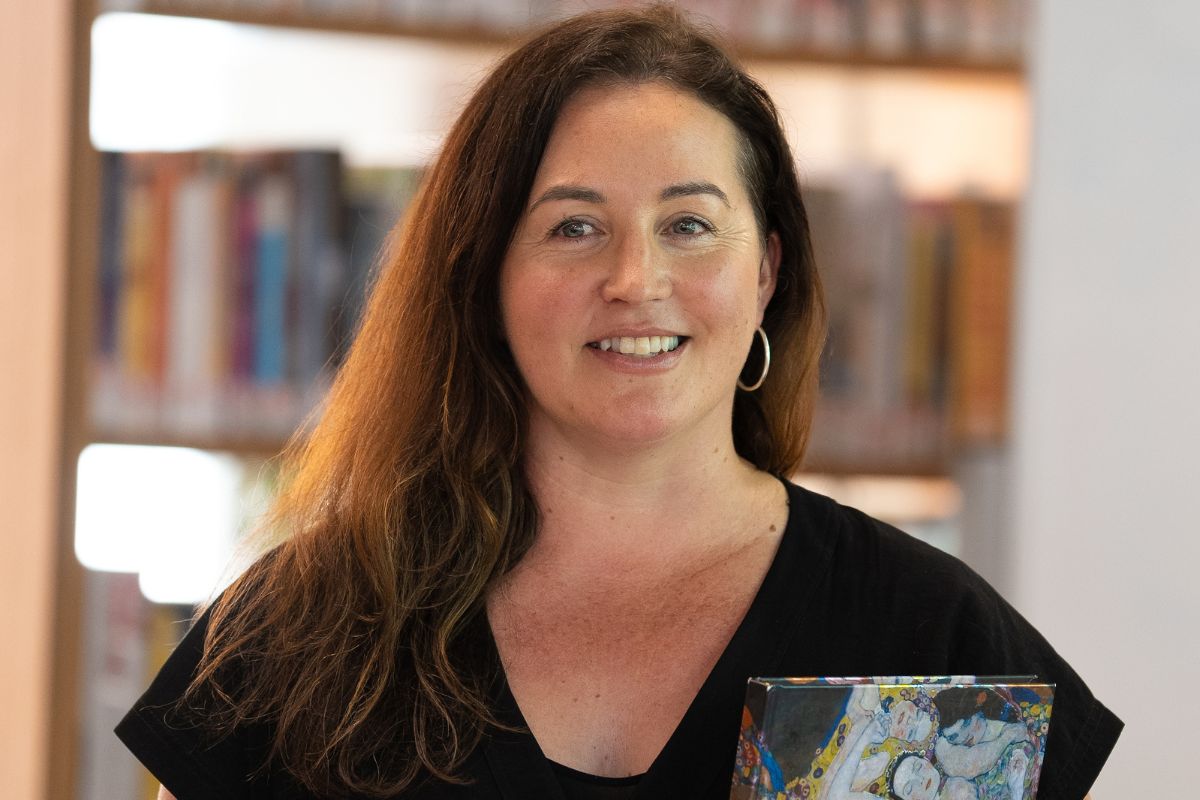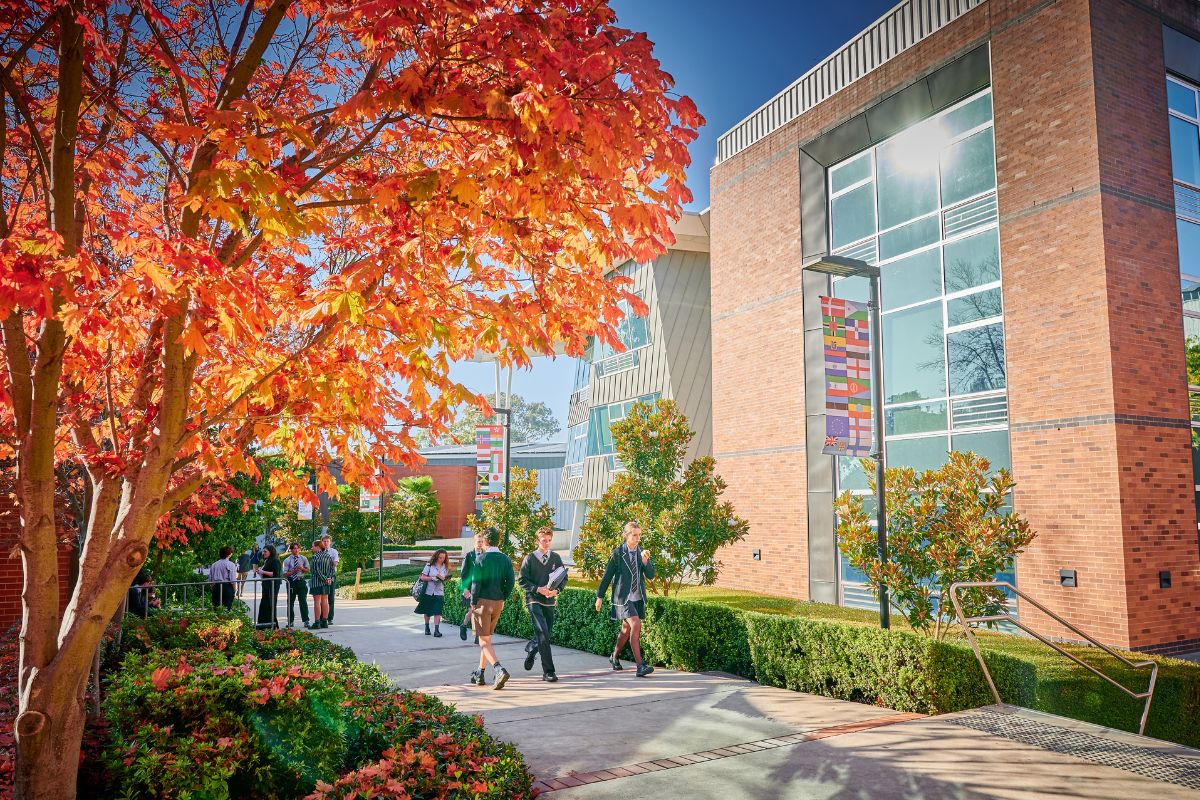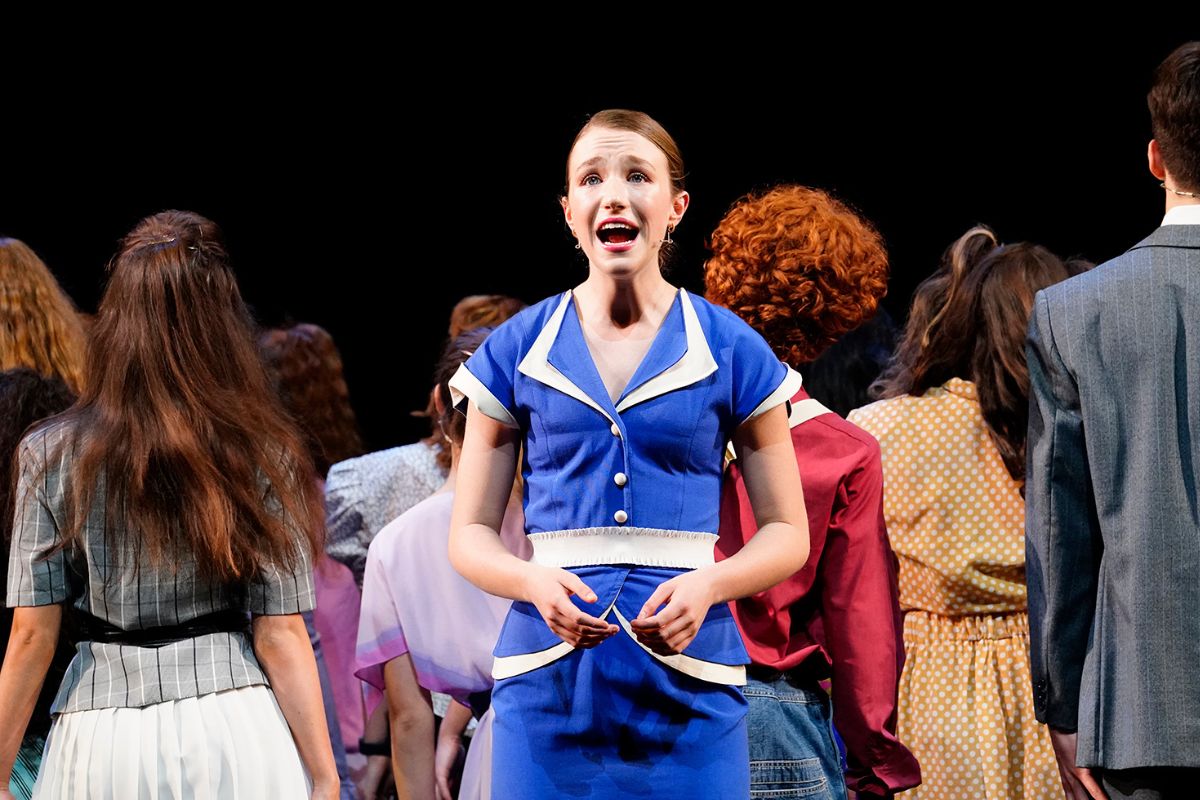Inspirational principals – St Catherine’s School

There are thousands of principals in New South Wales who inspire their students and teachers to achieve their best. Choosing a School speaks to one Sydney principal who has gone above and beyond for her school
Dr Julie Townsend,St Catherine’s School
As headmistress of St Catherine’s School, Dr Julie Townsend has achieved many things in her career. With a PhD from England’s Keele University, a background in English literature and sociology, and a love for developing young minds, Dr Townsend’s focus is firmly on creating the best possible educational environment for St Catherine’s students and staff.
What drew you to a career in education?
When I was at university I had to make a decision about becoming a university lecturer or a school teacher. My lecturer at the time said that schools had a strong community that universities lacked, which she thought I would prefer. She was absolutely right. Schools are about so much more than the delivery of a curriculum; they’re about encouraging music, sport, drama and all the pursuits that give vibrancy to our lives, and about developing children into young adults with the strength of character to thrive in a complex world and the desire to make a positive contribution to the lives of others.
What made you want to become headmistress?
I always loved teaching, because a teacher has a profound role to play in a child’s life and it is enormously rewarding to watch students grow — in knowledge, confidence, strength etc. When you move from teacher to headmistress, the scope changes, but the rewards are just the same. Now, my role is to maintain an environment in which high standards are the benchmark, where good teachers can flourish and where students can have a vibrant, rewarding education.
What plans do you have for the school?
We are the oldest independent girls’ school in Australia (founded in 1856), and remain true to our founder’s vision of offering a challenging education in an Anglican tradition. But we are also a modern school and want to ensure our girls are well prepared for the complexities of 21st-century life. Along with an ICT for Learning program we have introduced a comprehensive academic care program, grounded in the principles of positive psychology. This helps girls build and develop strong character traits such as self-efficacy, resilience, grit and optimism to help them flourish in an unpredictable world. We have a renewed focus on sport, music and the performing arts, pursuits that build character strengths, enhance cognitive development and engage students and the wider community. We have recently reintroduced Latin and Classical Greek to our curriculum, subjects that stretch the most intellectually gifted. We are currently planning to build an integrated complex of aquatic centre, performing arts centre and research centre to facilitate the highest level of girls’ performance.
What issues are you willing to take care of at the school?
My focus is firmly on creating the best possible educational environment for our students and staff. To that end, I will do whatever I can to support students and staff who have high standards and high aspirations. I do not think there should be any place in schools for staff whose first priority is not the academic and social wellbeing of the girls they are entrusted with.
If you didn’t become headmistress, what other plans did you have for your career?
I have loved the role of headmistress because it is so wide and challenging. Of all the other roles I have had in schools, my favourite was Director of Curriculum. I enjoyed working with girls to challenge them to stretch themselves academically. Research shows that grit is a much stronger determiner of academic success than IQ. My wish for all students is that they challenge themselves, and persist when the work seems too hard. There is no better route to improvement than hard work.
“My wish for all students is that they challenge themselves, and persist when the work seems too hard. There is no better route to improvement than hard work.” — Dr Julie Townsend
What’s the most rewarding part of your job?
Being part of the school community. I love standing at the gate with the executive team welcoming our girls to school in the morning. I enjoy attending assemblies and hearing about how much the girls do across so many areas. I really enjoy watching the girls perform in sport, music, drama, debating, house activities and so on. We are a vibrant community and it gives me great pleasure to see the willingness with which so many girls embrace the opportunities they have and make the school what it is. Behind it all, of course, are dedicated teachers who work extremely hard to give the girls such opportunities. I am so appreciative of the work they do.
It is also very rewarding to see how much St Catherine’s girls give back to the community through the Duke of Edinburgh scheme, charity initiatives, volunteer work, overseas aid and so on. So many of our girls have a strong sense of being part of a much bigger world, and take responsibility for making it better where they can.
What everyday challenges do you face in your job?
My biggest challenge is seeing girls who don’t make the most of the skills and opportunities they have. They are only children so don’t always appreciate how important their school years are, but it makes me sad to see them wasting their talents because although you can come back to things at an older age, it is always harder redoing things than doing them here in the first place, where there is so much time and support.
What is the aim at St Catherine’s School?
Our vision is to educate girls who are “secure in their character, confident in their abilities, respectful in their manner, and equipped to make their unique contribution to the world”. Character is important because with the right character, you can deal with anything. Your academic credentials are important, but your character will determine your course in the world. We want our girls to be well-educated women of integrity, respect, courage and service. Our vision is at the heart of everything we do.
What is the most important piece of advice you would offer to your students?
Finish what you start. When I was studying for my PhD, I was so fed up with the enormity of it that I spoke to my supervisor about converting to a Masters. He told me that whenever you start something and then give it up, no matter how small it is, you spend the rest of your life explaining it away. It gave me the motivation to complete my PhD — and many other things along the way I have wanted to give up.


